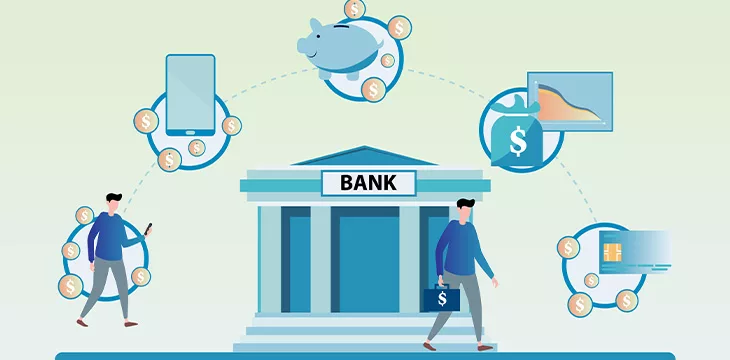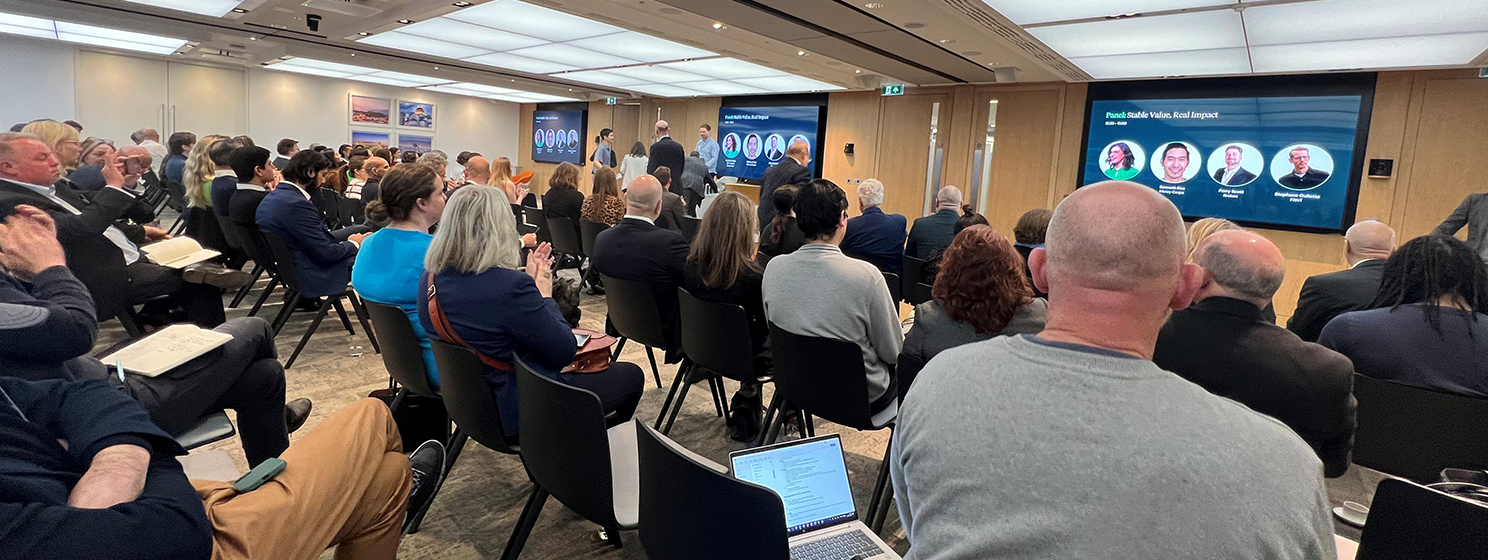|
Getting your Trinity Audio player ready...
|
CoinGeek has been reporting for years about how the tokenization of everything is coming. Currencies, bank deposits, promissory notes, real estate, and even inventory in supply chains are some of the things businesses, banks, and organizations of all kinds are tokenizing on blockchains.
This month, the Bank for International Settlements (BIS) announced Project Agorá: a collaboration with seven central banks to create a platform for cross-border CBDC payments and tokenized money transfers. It is one of multiple BIS projects in the works.
The BIS will collaborate with the U.S., U.K., France, Japan, Switzerland, South Korea, and Mexico central banks. Private banks will be allowed to apply to join before the project officially begins.
Cecilia Skingsley, head of the BIS Innovation Hub, said a common payment infrastructure would allow payment systems, accounting ledgers, and data registries to be interoperable in different digital currencies.
What is tokenization, and why does it matter?
Put simply, tokenization is the process of taking an asset or the rights to one and issuing it as a token on a blockchain or digital ledger. For example, on the BSV blockchain, specialists like Tokenized allow clients to quickly and easily tokenize anything from shares to debt obligations, reward points, and carbon credits.
It’s hoped that having tokenized assets will facilitate the buying, selling, and trading of these assets more efficiently, with the added benefit of time-stamped blockchain records acting as an automated notary service.
In addition to offering faster, cheaper transactions and immutable records, tokenized assets can be controlled by so-called smart contracts. These can enable all sorts of automation, such as transfers, splits, title changes, new issuances, and more when specific conditions are met.
Tokenization is a big deal, but one piece is still missing for its potential to be realized at scale.
A globally scalable blockchain is needed
While seeing the BIS and various central banks experimenting with these concepts is encouraging, two interrelated issues will prohibit them from reaching their full potential.
First, these blockchains and ledgers are private and permissioned, meaning the interoperability they can facilitate is limited. They represent a sort of walled garden, much like many of the networks in the early days of the internet (AOL), and so their utility will, by definition, be limited.
Second, even if they were open for the public to build on, like the open internet, they wouldn’t scale to the required levels to facilitate truly global use. Visa (NASDAQ: V) systems alone can handle 20,000 transactions per second, and a global ledger underpinning the world financial system will require millions and even billions of such transactions per second.
On a related point, many citizens in most countries whose central banks will participate in Project Agorá have expressed concern about CBDCs and the power they would give central banks. Privacy is central to most objections.
The solution is a scalable public ledger that no central party controls, scales unboundedly, and has programable functionality to enable smart contracts and much more. As most transactions on Solana fail and Ethereum continues to fall behind, the BSV blockchain
alone has all of the necessary requirements.
Watch: Tim Draper talks tokenization with Kurt Wuckert Jr.

 02-23-2026
02-23-2026 




